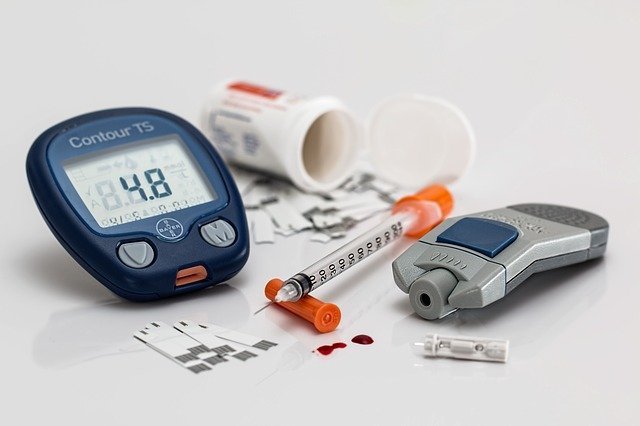Few value the importance of health, if not even when they are sick. Having an illness not only implies assuming that you now have certain limitations, it is also important to maintain the necessary care so that the situation does not worsen. Such is the case for those with diabetes. Although it is true that you may have a certain genetic predisposition to suffer from it, whether or not it develops will depend largely on the way of eating routine that we are having. If you are used to drinking sodas, eating many desserts, sweets and treats, you are more likely to suffer from sugar. Of course, once the disease has developed, your life will never be the same again, but you can get used to it and cope with your new reality with a good attitude.

Some of the things that every diabetic should know is which foods are allowed and which are not and what to include in their daily routine, in order to keep their blood sugar level within the normal range. It’s also important that you know what to do in the event of a significant spike in your blood sugar. If you have recently been diagnosed as diabetic or know someone who is, you will surely want to know how blood glucose is triggered, since the type of care you must have will depend on it, in order to continue enjoying stable health. and good quality of life. This post has been written thinking of how to help those people who are a little uninformed on the subject. Here you’ll find everything you need to know about how blood glucose spikes and answer many of your diabetes-related questions.
In general, blood glucose can skyrocket for the following reasons: Not taking prescribed diabetes medications properly or in the correct dosages. Not having a meal plan for people with diabetes. Not getting enough physical activity. Develop some illness, such as the flu. Stress and anxiety. Taking medications that negatively affect the effect of medications to treat diabetes.
What do you need to skyrocket blood glucose?
It is essential that you know that there are ways to manage the main causes of hyperglycemia or high levels of sugar in the blood. For example, if the reason was that you didn’t take enough insulin or another diabetes medicine, you should do this: Make sure you are taking the right insulin at the right dose and at the right times. Check that the insulin has not expired. Make sure that all the equipment, intended for the correct administration of medications, works correctly and is in optimal conditions. If necessary, change the medications that have been prescribed or adjust the dose. However, this must be done under the supervision of the medical staff in charge.
If you have not followed your food plan correctly or if you have eaten in excess, without adjusting the dose of your medications, you can do the following: Contact a registered dietitian doctor to make changes to your meal plan, if necessary. Adjust the dose of insulin and other medications when you eat more or less food than recommended in your meal plan. Of course, in this case it will be the medical team that teaches you how to make these adjustments.
If you don’t get enough physical exercise: Create a schedule that allows you to include time to do some physical activity. Adjust the medication taking into account the recommendations of your medical team.
If you are under a lot of stress, you can do the following: Stay in touch with your medical team. Continue injecting your insulin. Keep track of your blood sugar concentration. There’s no reason to worry too much if you happen to have high blood sugar from time to time. However, if these episodes occur with some frequency, the best thing you can do is consult your doctor as soon as possible. Well, ignoring this fact could end up making the situation worse.
Tips for skyrocketi
Maintaining a high blood sugar index for a long time can cause serious health problems. Hence the importance of treating it on time. One of the effects that it could cause is damage to the blood vessels that are responsible for transporting blood to the vital organs. This damage to the blood vessels can result in a higher risk of heart disease, stroke, kidney disease, vision difficulties, and even neurological complications. Although these problems do not usually affect children and adolescents with diabetes, they do become a real threat when they enter adulthood, especially if they have not well controlled their disease. To prevent your blood glucose from spiking, you must follow your diabetes management plan to the letter, which involves checking your blood sugar several times a day, if necessary, eating meals at right hours and not skipping any, injecting the right amount of insulin, avoiding day-to-day stress, getting enough physical activity and sleeping well.
